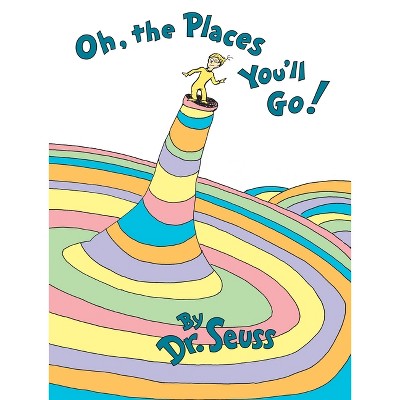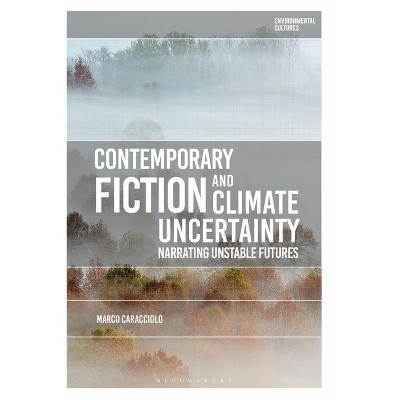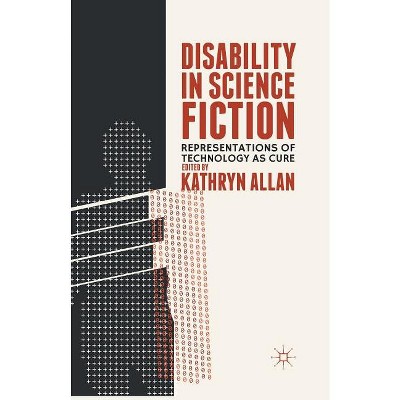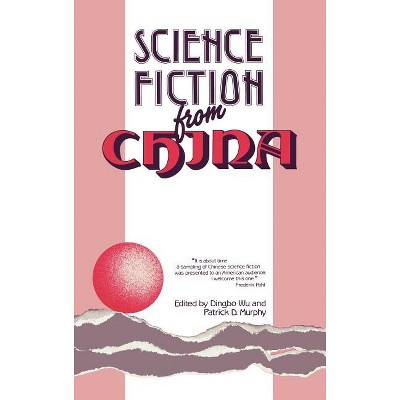American Small-Town Fiction, 1940-1960 - by Nathanael T Booth (Paperback)

About this item
Highlights
- In literature and popular culture, small town America is often idealized as distilling the national spirit.
- About the Author: Nathanael T. Boothis an assistant professor in the School of Foreign Languages at Huazhong University of Science and Technology.
- 217 Pages
- Literary Criticism, Subjects & Themes
Description
About the Book
"In literature and popular culture, small town America is often idealized as distilling the national spirit. Examined together, these works are key to understanding how mid-20th century America refashioned itself in light of a new postwar order, and how the literary small town both obscures and reveals contradictions at the heart of the American experience"--Book Synopsis
In literature and popular culture, small town America is often idealized as distilling the national spirit. Does the myth of the small town conceal deep-seated reactionary tendencies or does it contain the basis of a national re-imagining?
During the period between 1940 and 1960, America underwent a great shift in self-mythologizing that can be charted through representations of small towns. Authors like Henry Bellamann and Grace Metalious continued the tradition of Sherwood Anderson in showing the small town--by extension, America itself--profoundly warping the souls of its citizens. Meanwhile, Ray Bradbury, Toshio Mori and Ross Lockridge, Jr., sought to identify the small town's potential for growth, away from the shadows cast by World War II toward a more inclusive, democratic future. Examined together, these works are key to understanding how mid-20th century America refashioned itself in light of a new postwar order, and how the literary small town both obscures and reveals contradictions at the heart of the American experience.
About the Author
Nathanael T. Boothis an assistant professor in the School of Foreign Languages at Huazhong University of Science and Technology.Shipping details
Return details
Trending Fiction











